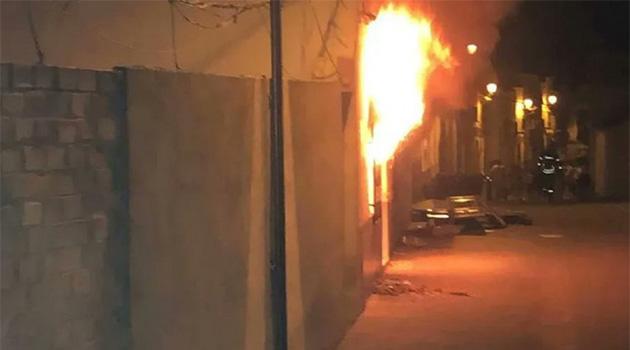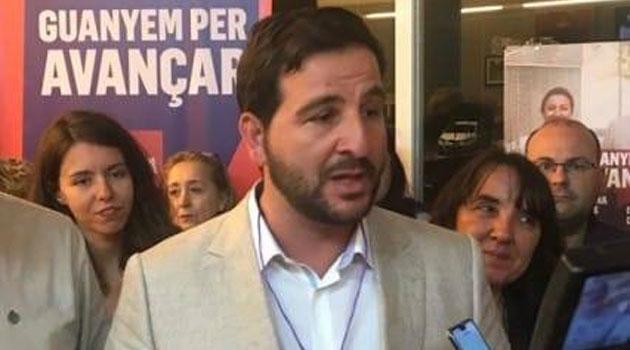Spain: Vigilantes set six homes of Romani families on fire in an act of collective punishment, but some European media call the incidents "peaceful demonstrations"

Media in Spain have reported that in mid-July a local mob attacked the Romani residents of a small Andalusian town, Peal de Becerro (Jaén). The attackers looted and set fire to a total of six homes inhabited by Romani people.
Roughly 30 Romani individuals had to flee their homes because of the pogrom. The death of a 29-year-old bouncer from a local nightclub is said to have sparked the vigilante violence.
According to eyewitnesses, the bouncer had been in an argument with four Romani individuals whom police are investigating. Two of his alleged assailants are in custody.
The arrest of the two suspects, however, was not enough for the deceased’s friends, who called a demonstration the next day and applied the principle of collective blame to the entire local Romani community. The attacks on Romani residents were condemned by MP Ismael Cortés (Unidas Podemos), who called on the Interior Ministry to protect the Romani families.
For Cortés, the attacks in Peal de Becerro revived memories of the anti-Romani pogroms that happened in Martos (Jaén) in 1986. “History repeats itself. The eternal return of Antigitanism,” he said, according to the European Roma Rights Centre (ERRC).
However, mainstream media in Spain, as well as the Czech News Agency (ČTK), have used the term “peaceful” to describe these demonstrations. Journalist Jose Santos, writing for the Spanish news server CTXT, has rejected such descriptions of the vigilantism as “peaceful demonstrations, mobilizations or altercations,” asking: “Where were the security forces of Peal de Becerro when neighbors were demolishing the houses and turning over the cars of innocent people? Why was no aid or protection provided to the victims during the escalation of violence?”
Santos has reported that attacks are being committed against innocent people who had nothing at all to do with the incident of the bouncer’s death. Moreover, despite the fact that video footage of burning buildings is available from the incident, ČTK’s report on it literally read: “Attackers damaged the facades of five houses and attempted to set another on fire.”
The incident has been condemned by the Spanish Social Rights Minister, Ione Belarra, according to whom such attacks violate the rule of law. She also expressed her solidarity with the family of the deceased.
Andalusian ombudsman Jesús Maeztu has condemned the retaliation against the families of those suspected of attacking the bouncer and has called for measures that will aid with renewing coexistence and trust in one another among the inhabitants of Peal de Becerro. Local Romani organizations are concerned there will now be a rise in racism and violence against Romani people in Andalusia and in all of Spain.
“It is unacceptable that a group of people has taken justice into their own hands and called for Romani people to be expelled from the town,” said the Fundación Secretariado Gitano, a leading Romani organization in Spain. The organization has also notified the authorities and the prosecutor began investigating the anti-Roma pogrom on Wednesday.
According to the daily newspaper El Pais, police have beefed up patrols in the area. The Romani families who fled for their lives from Peal de Becerro have also faced attacks and protests in other places.
According to the ERRC, throughout the incidents in question, the mayor of Peal de Becerro, David Rodríguez (Spanish Socialist Workers Party), has thanked both local residents and the media for what he called their “exemplary” manifestations of “solidarity” following the bouncer’s death. The mayor also told El Pais that the town has reached the lowest-ever point in its history.
